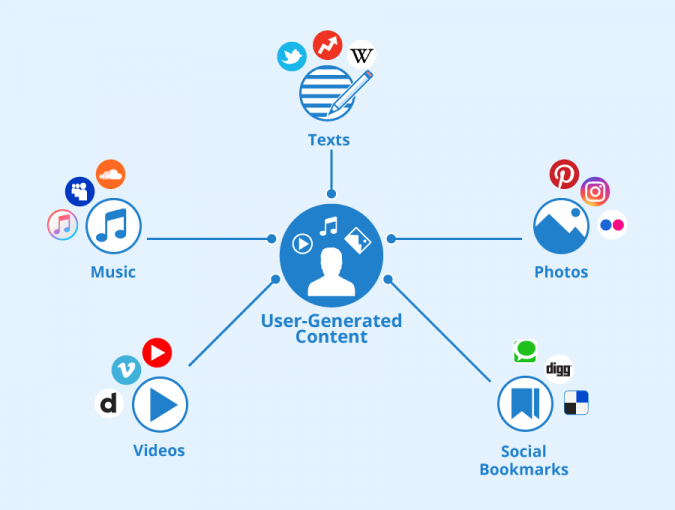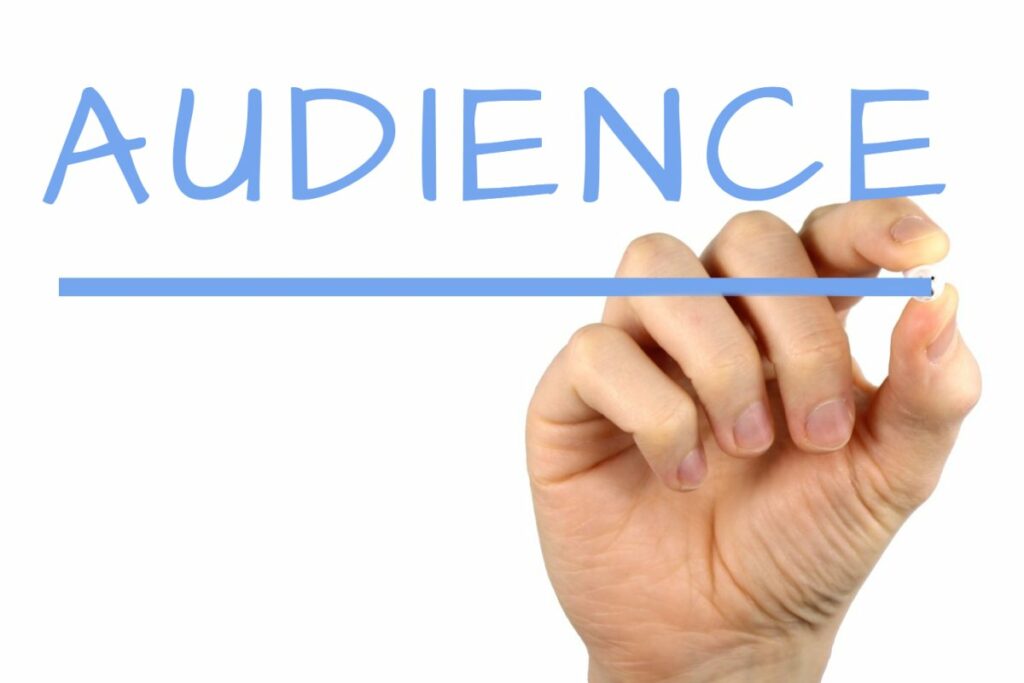When it comes to enhancing your brand’s online presence, understanding the difference between content marketing vs social media marketing is crucial. Both strategies play key roles, but they have distinct approaches. While they aim to engage your audience and build loyalty to your brand, the ways they achieve this and the platforms they use differ significantly.
This article will help you grasp these differences and show you how to use each strategy effectively, whether separately or together. By recognizing their unique roles and how they can complement each other, you can develop a more comprehensive digital marketing strategy. This will enable you to establish a stronger online presence that connects with and captivates your target audience more effectively.
- Content Marketing Vs Social Media Marketing: Defining the Terms
- Content Marketing Vs Social Media Marketing: Key Differences
- Content Marketing Vs Social Media Marketing: Synergies and Integration
- Choosing the Right Strategy for Your Business
- Maximize Your Digital Impact with the Right Strategy
- FAQs
- What is the difference between social media marketing inbound and content marketing?
- What is the difference between social media marketing and sales marketing?
- What is the difference between content creator and social media marketing?
- What’s the difference between social media strategy and content strategy?
- Is content marketing a part of social media marketing?
Content Marketing Vs Social Media Marketing: Defining the Terms
Content Marketing is a strategic marketing approach centered on crafting, publishing, and sharing valuable, relevant, and consistent content. Its primary aim is to attract and retain a specific audience segment, ultimately guiding them towards taking profitable action. This method focuses on establishing authority, fostering trust, and nurturing relationships by offering solutions that meet the audience’s needs and interests, without direct selling.
Social Media Marketing, on the other hand, leverages the power of social media platforms to establish a direct line of communication with the audience. It’s about utilizing these interactive platforms to build a brand’s presence, increase sales, and drive traffic to a website or landing page. Through engaging posts, conversations, and targeted ads, businesses can create a community around their brand, encourage user-generated content, and directly engage with customers and prospects in real-time.

Content Marketing Vs Social Media Marketing: Key Differences
Understanding the key differences between content marketing and social media marketing is essential for deploying each strategy effectively. Here’s a comparative table that outlines their distinct aspects providing clarity on how they can be optimally utilized in your digital marketing mix.
| Aspect | Content Marketing | Social Media Marketing |
| Scope and Focus | Broad approach targeting various stages of the customer journey through multiple channels. | Platform-specific focus with content tailored to the social network’s audience and features. |
| Objectives and Goals | Aimed at building brand authority, fostering trust, and nurturing long-term customer relationships. | Focuses on brand awareness, engagement, immediate reactions, and direct communication with the audience. |
| Content Creation and Distribution | Involves creating in-depth articles, blogs, videos, and ebooks distributed across multiple channels. | Utilizes platform-specific posts, stories, and updates to engage users directly on social networks. |
| Target Audience Engagement | Identifies and nurtures a target audience by providing valuable information and solutions. | Engages audiences through direct interaction, community building, and real-time communication. |
| Measurement and Analytics | Tracks success through metrics like website traffic, time on page, and lead generation. | Measures engagement rates, shares, likes, and social reach. |
| Investment Costs and ROI | May require a significant upfront investment in content creation but offers long-term ROI through organic growth. | Often involves lower initial costs but may require ongoing investment in ads for visibility. |
This table helps us understand that content marketing and social media marketing serve different yet complementary roles within a digital strategy, each contributing uniquely to a brand’s online presence and audience engagement.
Content Marketing Vs Social Media Marketing: Synergies and Integration
Integrating content marketing with social media marketing creates a synergy that can significantly amplify a brand’s online visibility and engagement. By leveraging the strengths of both strategies, businesses can create a cohesive and dynamic digital presence that captivates and retains audiences more effectively.
- Content Distribution and Amplification: Sharing well-crafted content marketing pieces on social media platforms increases reach and drives traffic back to the brand’s website or blog.
- Enhanced Audience Engagement: Engaging content from content marketing efforts can fuel conversations on social media, fostering community and deepening relationships with the audience.
- Consistent Brand Storytelling: Utilizing both strategies allows for a unified brand message that’s compelling across all digital platforms.
Successful Brand Examples:
- Red Bull: Known for its high-energy content, Red Bull uses content marketing to showcase thrilling sports and adventures, then amplifies this content across social media platforms, enhancing its brand as a lifestyle choice beyond just an energy drink.
- Spotify: Spotify’s integration of content marketing with social media marketing is showcased through its personalized playlists and year-end “Wrapped” campaigns, which users eagerly anticipate and share. By creating content that taps into listeners’ personal musical journeys and sharing these stories across social media, Spotify not only enhances its service’s appeal but also encourages massive social media engagement and sharing. This strategy boosts Spotify’s visibility, driving both user engagement and subscription growth by making users’ experiences shareable and relatable.
By integrating content marketing and social media marketing, these brands have managed to not only increase their online visibility but also create meaningful connections with their audiences, demonstrating the power of a holistic digital marketing approach.

Choosing the Right Strategy for Your Business
Choosing the right marketing strategy, whether to focus on content marketing, social media marketing, or a blend of both, hinges on understanding your business’s unique needs and resources. Here’s how to make that critical decision:
Key Factors to Consider
- Business Objectives: Define what you aim to achieve—increased brand awareness, lead generation, or customer retention—and let these goals guide your strategy.
- Target Audience: Know where your audience spends their time online. Content marketing might be more effective for a demographic that values in-depth information, while a visually oriented audience might respond better to social media marketing.
- Resources Available: Assess both your budget and team capabilities. Content marketing can require significant investment in content creation, whereas social media marketing demands constant engagement and content curation.

Balancing Strategies
- For Small Businesses: Start with social media marketing to build brand awareness and engage with your audience with a lower upfront investment. Gradually incorporate content marketing as your resources grow.
- For Larger Enterprises: Leverage both strategies simultaneously, using the broad reach and SEO benefits of content marketing along with the engagement and brand loyalty generated through social media.
The optimal approach often involves integrating both strategies to complement each other, enhancing your online presence and achieving your marketing objectives more effectively. Tailor your strategy to your business’s size, industry, and unique audience needs for the best results.
Maximize Your Digital Impact with the Right Strategy
Navigating the nuances of content marketing vs social media marketing requires a keen understanding of your business’s unique needs and capabilities. Choosing the right strategy—or integrating both—can significantly amplify your online presence. If you’re seeking to tailor a marketing strategy that perfectly aligns with your objectives, Flying V Group is here to guide you. Our expertise ensures your brand leverages the strengths of both content and social media marketing to achieve unparalleled online visibility.
Partner with us, and let’s craft a marketing approach that propels your business forward in the digital landscape.
FAQs
What is the difference between social media marketing inbound and content marketing?
Social media marketing inbound focuses on attracting customers through engaging content on social platforms, while content marketing involves creating and distributing content across various channels to attract and retain audiences.
What is the difference between social media marketing and sales marketing?
Social media marketing aims to build brand presence and engage with audiences on social platforms, whereas sales marketing focuses on directly promoting and selling products or services to convert leads into customers.
What is the difference between content creator and social media marketing?
A content creator focuses on producing material like blogs, videos, and graphics, while social media marketing involves promoting and sharing this content on social platforms to engage audiences and build brand awareness.
What’s the difference between social media strategy and content strategy?
A social media strategy outlines how a brand will use social platforms to achieve marketing goals, while a content strategy defines how content will be created, managed, and distributed across all marketing channels, including social media.
Is content marketing a part of social media marketing?
Yes, content marketing can be a part of social media marketing. Engaging and valuable content is used within social media marketing strategies to attract and engage audiences on social platforms.






0 Comments